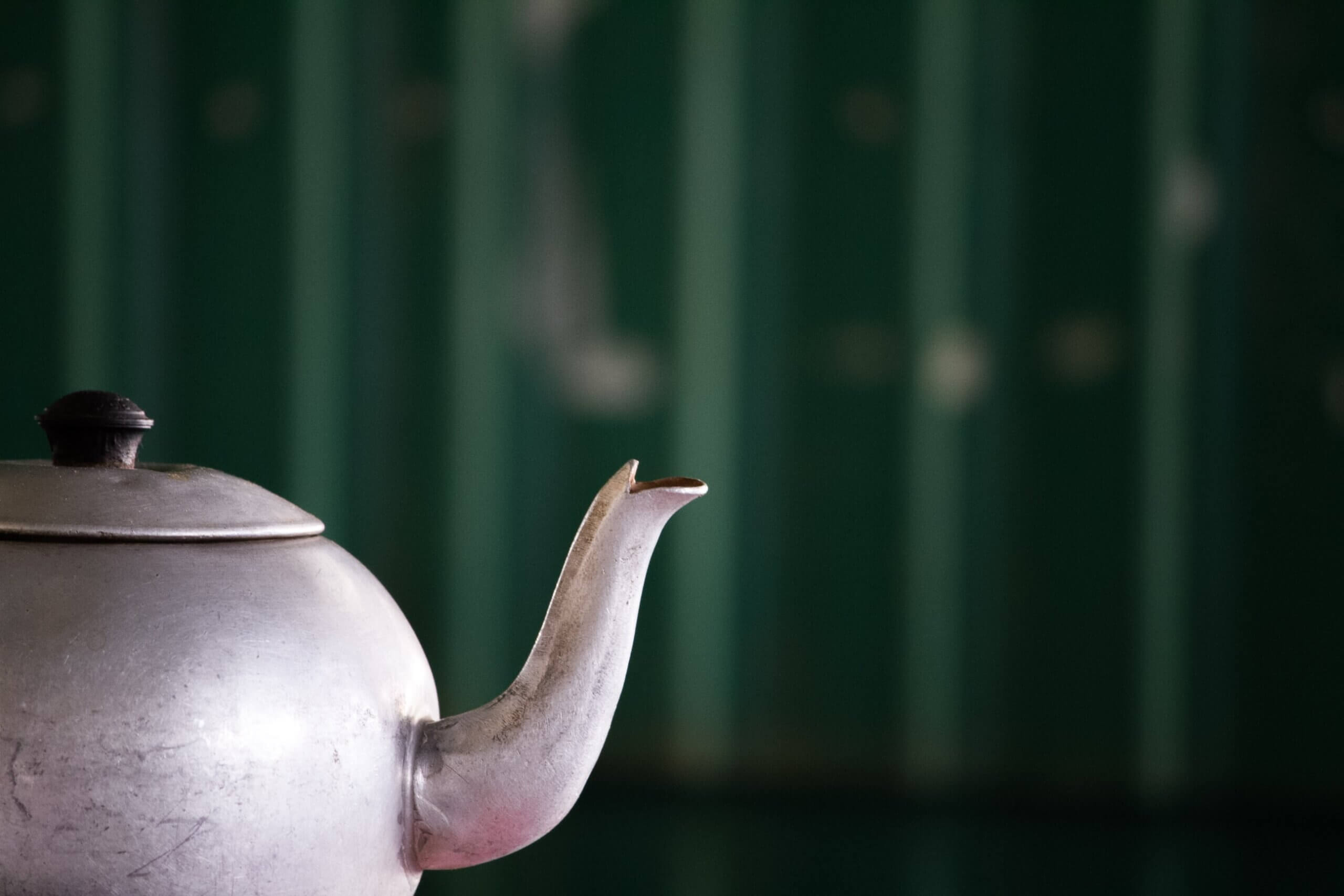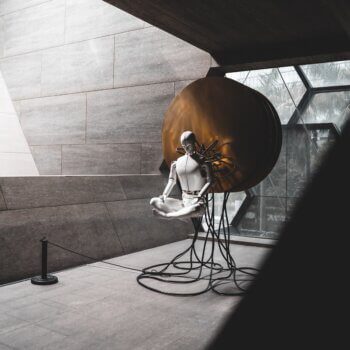Key Takeaways:
- Ikigai is the Japanese concept of ‘reason for being’.
- In practical terms, your Ikigai lies at the intersection of what you love, what you’re good at, what you can be paid for, and what the world needs.
- So even when our passions and obligations are fulfilled, our chosen path still needs to resonate with — and sustain — those around us, in order for us to achieve Ikigai.
- While Ikigai doesn’t guarantee you’ll live to 100, it does posit that however long you’re here, you’ll live more fully.
- But like so much else in Japanese culture, finding “the most important reason or purpose for someone’s existence” is a noble goal that leads its seeker to extraordinary things.
Ikigai is the Japanese concept of ‘reason for being’. The French have an equivalent idiom — raison d’être — that translates to “the most important reason or purpose for someone’s existence.” In practical terms, your Ikigai lies at the intersection of what you love, what you’re good at, what you can be paid for, and what the world needs. Not everyone has found theirs. In fact, few of us have, thought we all aspire to a purposeful life. The concept of Ikigai posits that the world comes into sharp focus when we have aligned our passions, skills, actions and needs.
It’s a compelling idea.
We are often torn between competing interests and needs — caught in the tug of war between what we yearn and aspire to spend our lives doing on the one hand, and the pragmatism of obligations and demands on the other. When these aren’t in alignment with one another, there’s a gap in our fulfillment that needs to be bridged. But the concept of Ikigai extends beyond the self. It presupposes a connection, and service, to other humans, to fulfill our collective needs. So even when our passions and obligations are fulfilled, our chosen path still needs to resonate with — and sustain — those around us, in order for us to achieve Ikigai.
It’s fitting that the concept originated in Okinawa, where there are more centenarians (people living past 100 years of age) than anywhere else on Earth. Dan Buettner wrote a book about the planet’s ‘blue zones’ — a term he coined in 2005 upon discovering enclaves where people outlived the rest of the world by a significant margin. He was convinced there must be an underlying—even shared—reason from which we could learn and benefit. He believes that common thread is Ikigai, because while the ‘super-centenarian’ populations of Okinawa, Nicoya, Icaria, and Sardinia vary significantly in terms of environment, culture and genetics, the people in all four of them share an outlook and guiding philosophy.
For his book, Buettner built on demographic research by Gianni Pes and Michel Poulain on gerontology — the scientific study of old age. He says that “losing one’s purpose can have a detrimental effect on longevity”, and that longevity is, reciprocally, the result of a life lived with purpose.
It resonates.
In their book Ikigai: The Japanese Secret to a Long and Happy Life, authors Héctor Garcia and Francesc Miralles wrote:
“Our intuition and curiosity are very powerful internal compasses to help us connect with our Ikigai.”
They aren’t alone. Albert Einstein believed that the first step toward finding your purpose is to follow your curiosity. He wrote:
“Don’t think about why you question, simply don’t stop questioning. Don’t worry about what you can’t answer, and don’t try to explain what you can’t know. Curiosity is its own reason. Aren’t you in awe when you contemplate the mysteries of eternity, of life, of the marvelous structure behind reality? And this is the miracle of the human mind — to use its constructions, concepts, and formulas as tools to explain what man sees, feels and touches. Try to comprehend a little more each day. Have holy curiosity.”
Holy — i.e.: exalted — curiosity.
If we aim our curiosity inward, and listen carefully to our intuition, we might find our way to our Ikigai. The questions it poses are simple enough: What do I love? What am I good at? What does the world need? and What can I be paid for, now or later? The intersection of these four answers is your Ikigai.
While Ikigai doesn’t guarantee you’ll live to 100, it does posit that however long you’re here, you’ll live more fully. There’s a world of difference between quantity and quality, and I don’t know anyone who would choose the former over the latter.
Scratch that. I do know people like that. Lots, actually. But they’re missing the proverbial forest for the trees, because they’ve traded their agency for others’ expectations, whether those are what our families raised us to believe or society demanded from us.
With that said, as I suggested earlier, there are lessons from the blue zones that Buettner, et al, have found in the form of shared characteristics among people who have found their Ikigai. Consistently, Blue Zone residents prioritize family and social engagement; they are physically active; they practice semi-vegetarianism, with a focus on legumes; and they don’t smoke. Nothing here is news. They’re things we know. But knowing isn’t doing, and we forget how simple some of the things are that support our thriving.
It’s also worth a self-reminder that transformation of any kind is the result of countless small steps on a particular path — not massive leaps. Whether it’s improving our diet, clarifying our dreams, or honing our craft or deepening our relationships, each step we take in alignment with that path brings us one step closer to our goals.
We need to remind ourselves to celebrate small victories, and go equally easy on ourselves when we’re distracted. If I eat 21 meals a week and just 7 of them support my health, I can either determine that I failed 14 times, or that a full one third of the time I made great choices, for which I’m the chief beneficiary.
Which do you think is more empowering, and will encourage me to continue making good choices? Dreams are no different. Whatever the subject is, our mindset and actions either build capacity or reduce it. And while we can avoid failing if we don’t put ourselves out there, we can’t succeed, either. Our thoughts and our behaviors are pre-requisites to finding our Ikigai.
Miralles and Garcia provide ten ‘rules’ for helping us find ours, and are worth considering. My own thoughts are added below each one.
1. Stay active rather than retire.
If work is what we would be doing anyway if we had free time (some of us feel that way), then it isn’t work; it’s pleasure, making retirement a moot point.
2. Leave urgency behind and adopt a slower pace of life
‘Slower’ doesn’t mean trying less. It means clearing a path to make time for what matters to us personally, and supports our goals. It also implies a presence in our own lives, as Eckhart Tolle would advocate. That’s because the more present we are, the slower time runs, and the more deeply we engage with the world.
3. Only eat until you are 80 per cent full
Every ancient culture has an idiom for this, which amounts to eating until we’re no longer hungry. This is a very different concept from being full. Limiting excess calories has been proven to increase health and longevity. The Japanese (of course) have an expression for this: “Hara hachi bun me.” China’s version—”Chīfàn qī fēn bǎo, sān fēn jī”—lowers suggested intake even further: to just 70% of our belly’s capacity. And Indian Aryuvedic medicine urges people to “fill one third of the stomach with liquid, another third with food, and leave the rest empty.”
4. Surround yourself with good friends
As social animals, our psychic wellbeing depends on connecting to the interpersonal relating needs all humans share, and which empower and reciprocally support us. While we can survive alone, the fact is we cannot thrive.
5. Get in shape through daily, gentle exercise
A healthy body is a more integrated body, which underpins a healthy mind. Tai Chi. Qi Gong. Yoga. The Italian passegiata. All of these ancient customs are examples of slow, intentional movements that strengthen body and mind in equal doses.
6. Smile and acknowledge people around you
It is easy to focus on what displeases us, and far more difficult to see past what isn’t toward what is. Cultivating a positive attitude and gratitude influence our mindset, and by extension our actions.
7. Reconnect with nature
We are born of nature, and to paraphrase the Japanese concept of tree bathing, ‘bathing’ in nature cleanses and grounds us. Even Western science recognizes the physiological benefits of immersion in nature, boosting our parasympathetic nervous systems.
8. Give thanks to anything that brightens our day and makes us feel alive
As with smiling and acknowledging others, cultivating gratitude makes us more aware — more present. Because our perceptions create our realities, when we focus on gratitude we focus on what’s possible, in lieu of the things standing in the way.
9. Live in the moment
We live ‘elsewhere’ (in the past or future) more often than we live ‘here’ (in the present), according to research. What do you think that absent-mindedness does to the quality of our lives? Eckhart Tolle says “It has only ever been ‘now’.” He means that all we have is our present, because the past is over and the future doesn’t yet exist. Trading ‘now’ for something dead or non-existent is frankly tragic.
10. Follow your Ikigai
It’s easier said than done. But like so much else in Japanese culture, finding “the most important reason or purpose for someone’s existence” is a noble goal that leads its seeker to extraordinary things.
The idea of living life with intent — that is, where our passions, our skills and our personal / interpersonal needs are all in sync — sounds like the proverbial Holy Grail. It’s hard to imagine anyone feeling differently. Doing so begins with asking ourselves deep questions, adopting behaviors that service what we discover, seeing possibilities rather than setbacks, and working diligently, in realistic doses, to chip away at the things that will bring it to fruition, while rewarding all progress toward it.
As Okinawa — the Blue Zone that begat the concept of Ikigai — shows us, everything is connected, and we in turn are connected to all of it.





























